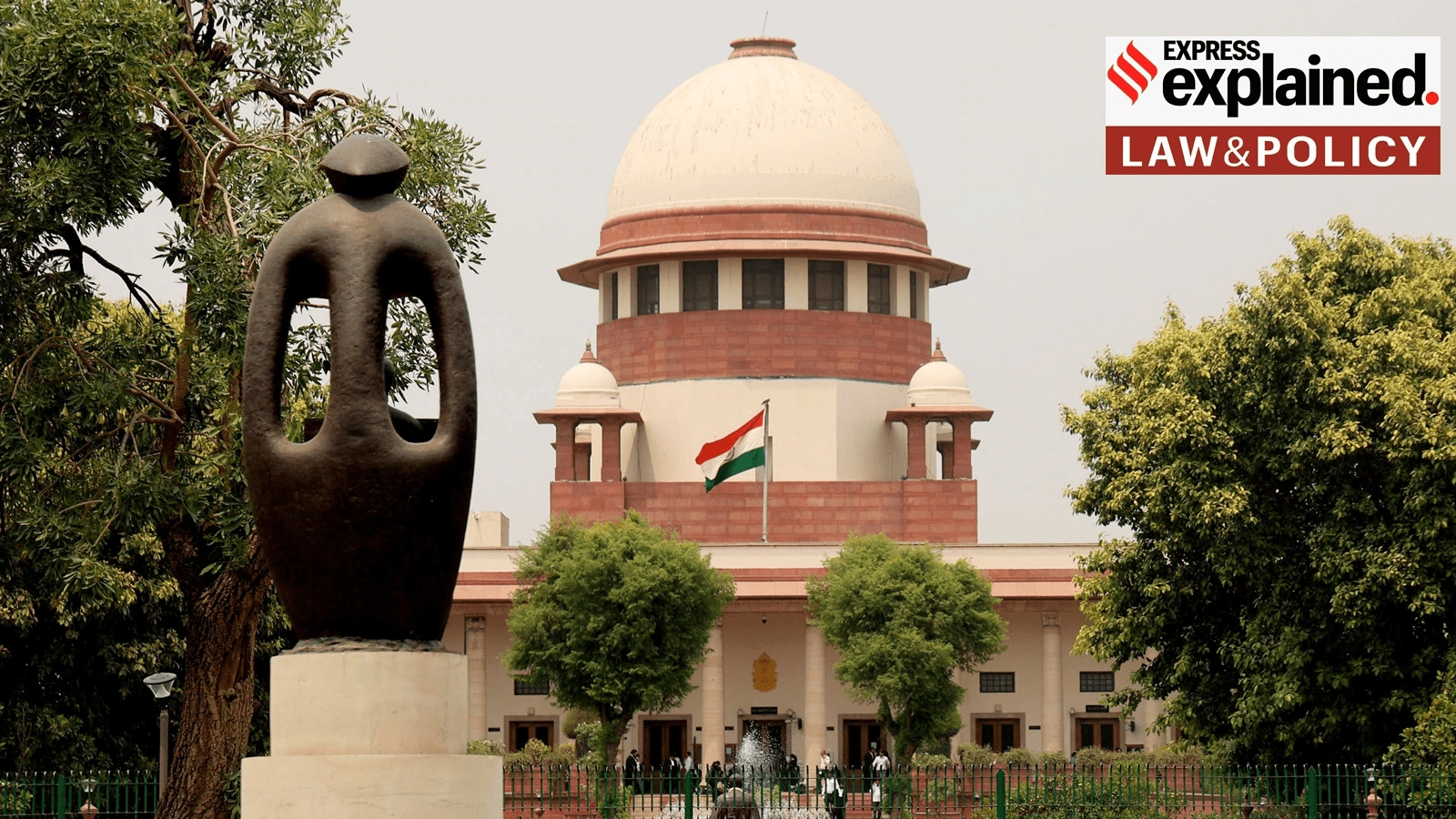The Supreme Court ruled on Monday that secretly recorded conversations between spouses are admissible evidence in matrimonial disputes, including divorce proceedings. It set aside a 2021 Punjab and Haryana High Court judgment which had barred a husband, who sought a divorce, from using secretly recorded phone conversations with his wife as evidence in court.
The apex court’s ruling changes the contours of spousal or marital privilege in Indian law, which protects private conversations between a husband and a wife during their marriage, and even after the marriage has ended.
In India, Section 122 of the Evidence Act codifies this. It states: “No person who is or has been married, shall be compelled to disclose any communication made to him during marriage by any person to whom he is or has been married; nor shall he be permitted to disclose any such communication, unless the person who made it, or his representative-in-interest, consents, except in suits between married persons, or proceedings in which one married person is prosecuted for any crime committed against the other.”
Spousal communication is allowed as evidence, according to the law, when the other spouse consents or when one spouse has narrated the events to a third party who testifies in a court. Otherwise, even if a spouse accidentally spills the beans, it is struck off the record as inadmissible evidence that the court cannot rely upon.
How does the law apply to divorce cases?
Spousal privilege does not apply directly in divorce cases where one spouse makes allegations against the other spouse and testifies in a court of law. These allegations are supplemented by evidence such as letters, photographs or testimonies of other people. However, with technological advances, text messages, video and voice recordings, emails are often presented as evidence.
Many High Courts have refrained from accepting secret recordings as evidence due to two main reasons:
Story continues below this ad
- There is a risk that secret recordings can be procured with suspect or coercive methods. Courts have to weigh in on whether the material is relevant and lawfully admissible as evidence in each case. This process in a trial is called the appreciation of evidence.
- There is a reasonable expectation of privacy in a marriage, and secret recordings violate the privacy of an individual. A relationship bereft of this expectation gives rise to concerns of surveillance among spouses.
Why did the SC make secret recordings admissible in court?
The SC’s ruling relied on its 1973 judgment in a case, which pertained to a telephonic conversation recorded by the police to prove a bribery charge against a doctor. At the time, the apex court overlooked how the evidence was obtained, given that the case involved corruption by a public servant and the phone tap was by the state. The SC has now effectively extended this reasoning to matrimonial cases.
The court has said that if evidence is relevant, independently verifiable, and falls within statutory exceptions, it can be admitted even if collected in secret. It has also been said that secret recordings are a violation of fundamental rights, but the right to privacy has to be balanced with the right to a fair trial.
The SC has interpreted Section 122 to mean that while an individual cannot be compelled to testify against their spouse, it is not impermissible to allow evidence to that effect, especially in matrimonial disputes. The ruling says a telephone that secretly records conversations is “no different from an eavesdropper.” Simply put, the court here is equating digital evidence to a third party who is a witness to a privileged conversation and is testifying.
What can be the impact of the ruling?
The SC recognised the right to privacy as a fundamental right in 2017. The current ruling is an example of how the court operationalises this right to privacy. The court, in its interpretation of Section 122, said that the provision was drafted into “sanctity of the marriage” and not to protect privacy within marriage.
Story continues below this ad
This is perhaps true for a law of the Victorian era — the Evidence Act came into force in 1872. But privacy as a is now a fundamental right, which protects the inner sphere of the individual from interference from both state and non-state actors. Any infringement of the right to privacy has to be backed by a valid law.
The SC also disagreed with the argument that making secret recordings admissible in court would lead to surveillance within marriage. It said, “If the marriage has reached a stage where spouses are actively snooping on each other, that is in itself a symptom of a broken relationship and denotes a lack of trust between them.”
There is also a concern that the ruling could affect women’s right to a fair trial, as there is a huge gender gap in smartphone ownership and access to technology in India. There is a 39% divide in ownership of smartphones by women compared to men in the country, according to the Mobile Gender Gap Report 2025. When evidence can be collected at the click of a button, the party with easier access to such technology naturally gets the upper hand.








































